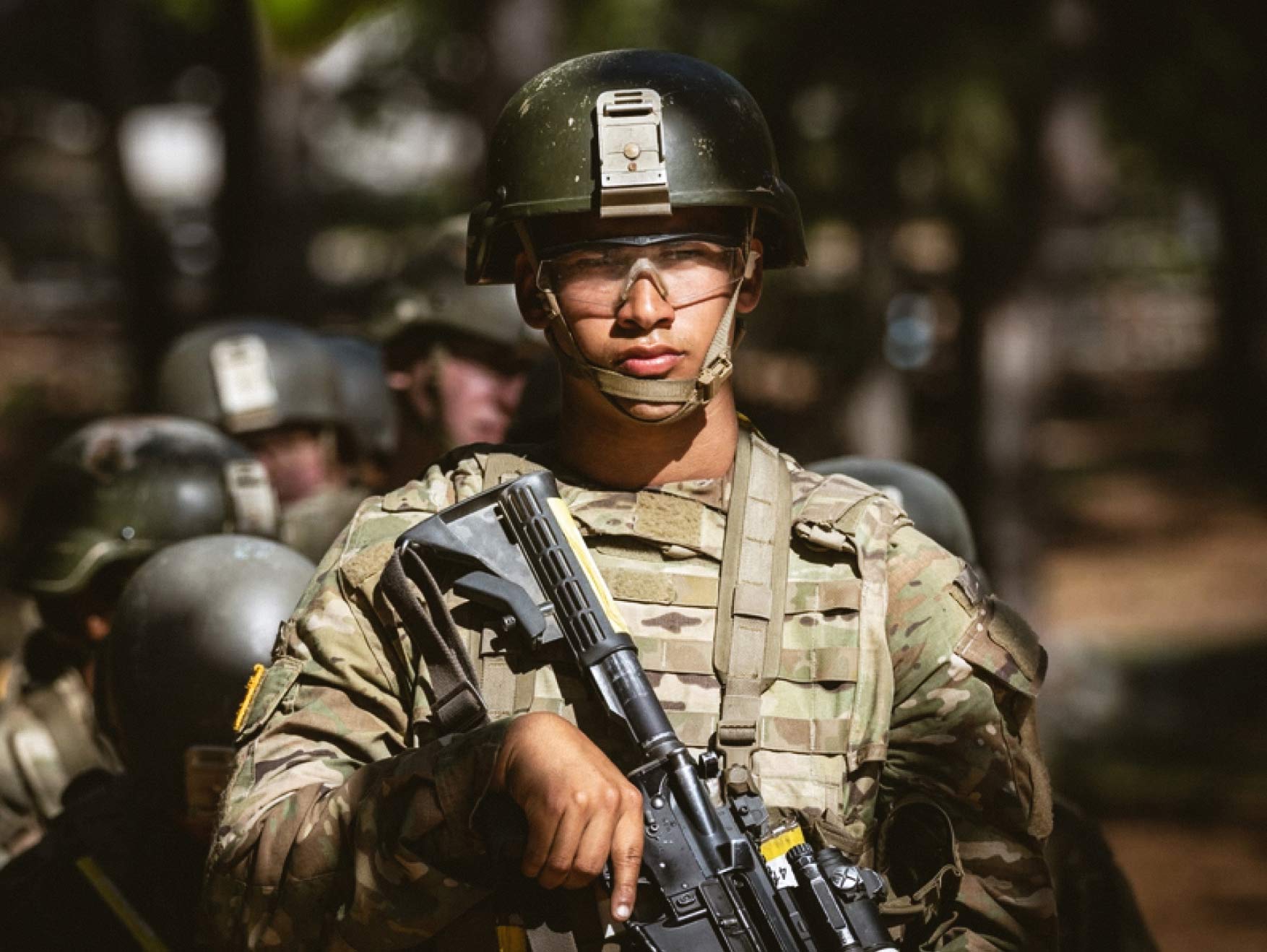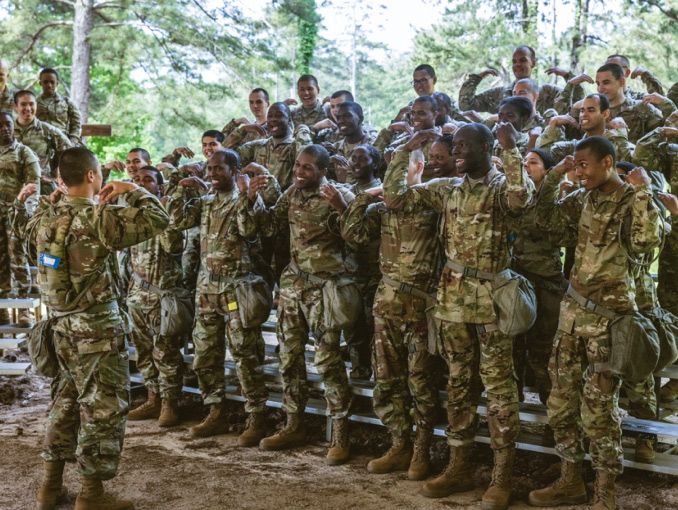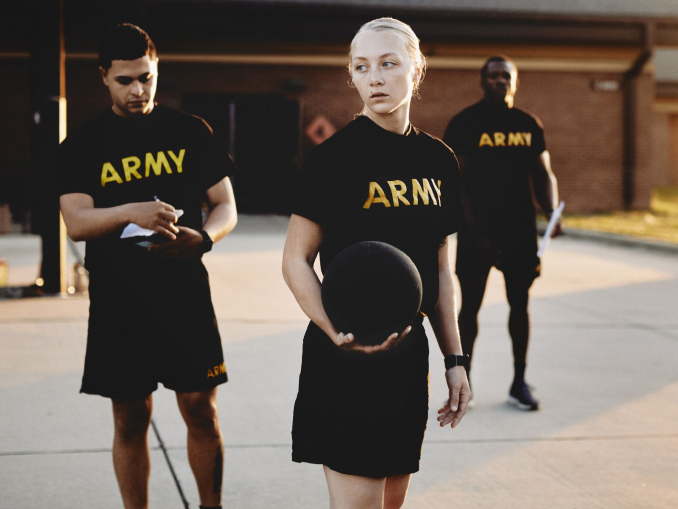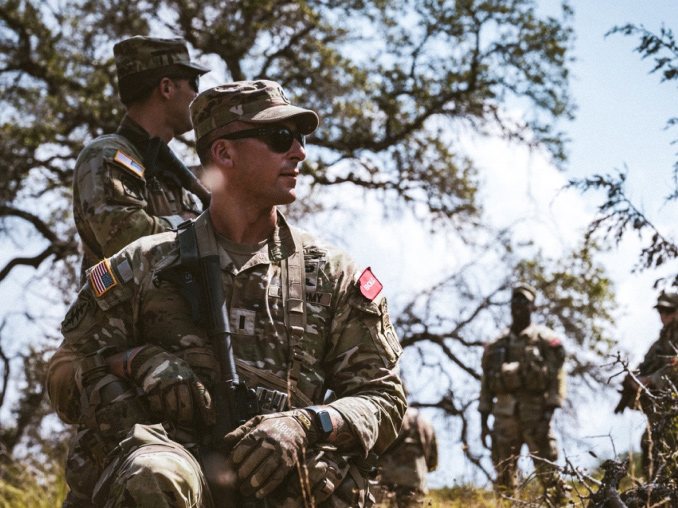Yellow Phase
Weeks 1 – 2
In this first phase, you’ll start to adapt to Army life and learn about discipline, teamwork, Army programs, traditions, and more.
- Learn Army values of Loyalty, Duty, Respect, Selfless Service, Honor, Integrity, and Personal Courage
- Begin physical and tactical military training
- Build confidence and teamwork by navigating obstacle courses and other terrain



